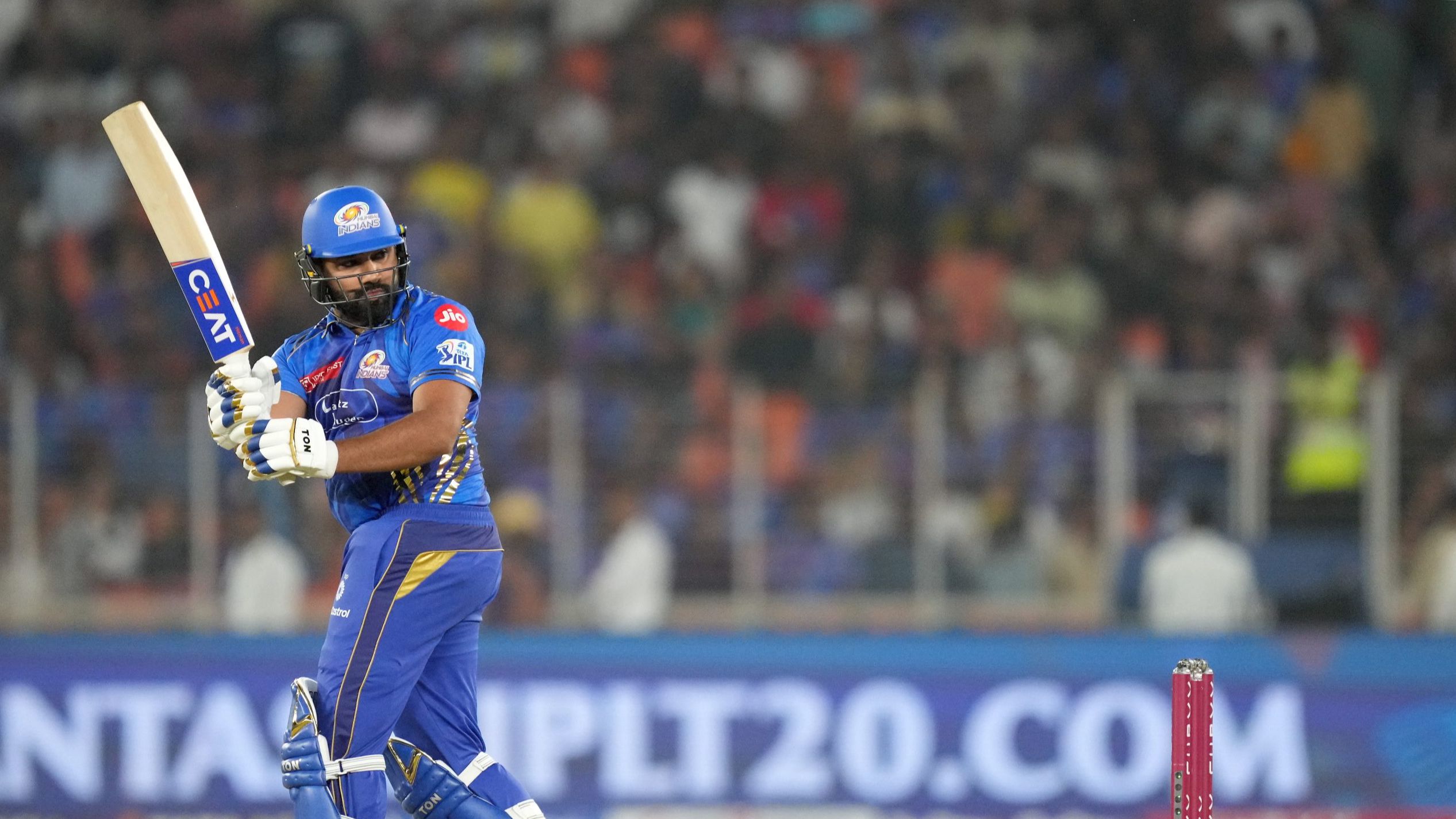Winter Solstice is a major event of the year when the Northern Hemisphere experiences the shortest day and longest night of the year. It falls on December 21 or 22 every year; this year, the day is being observed on December 22 (Friday). This phenomenon, rooted in Earth's axial tilt, holds profound cultural, historical, and astronomical significance. For ages, people across the world have recognised this important astronomical occurrence and celebrated the subsequent "return" of the Sun in a variety of different ways.
Also Read | Winter Solstice 2023: Here's Everything To Know About Shortest Day Of The Year
Here is a list of some Solstice traditions:
- Soyal: According to Encyclopaedia Britannica, it is the winter solstice celebration of the Hopi Indians of northern Arizona. Ceremonies and rituals include purification, dancing and sometimes gift-giving. An important aspect of the festival is welcoming the kachinas, protective spirits from the mountains.
- Yalda: The Persian (present day Iran) festival started in the ancient times. It marks the last day of the Persian month of Azar. Yalda is viewed traditionally as the victory of light over dark, and the birthday of the Sun god.
- Inti Raymi: The celebration is held in honour of the Sun god and has been continuing since the time of the Incans. It still continues in; in the ancient times, the festivities included feasts and sacrifices of animals. The Spaniards banned the festival, but it was revived in the 20th century.
- Saturnalia: The ancient Roman festival is most closely linked with modern celebrations during the time of Christmas. The festival took place around the time of the Winter Solstice and celebrated the end of the planting season, according to Encyclopaedia Britannica.
- Dong Zhi: This is an important festival in China that occurs around the same time. It is a time for family to get together and celebrate the year they have had. Special foods, such as tang yuan (glutinous rice balls), are enjoyed during this time.
Astronomically, the Winter Solstice happens when the North Pole is tilted farthest from the sun, plunging the Northern Hemisphere into extended darkness. Simultaneously, the Southern Hemisphere experiences its Summer Solstice, basking in the longest day of sunlight.

 1 year ago
44
1 year ago
44











 English (US) ·
English (US) ·